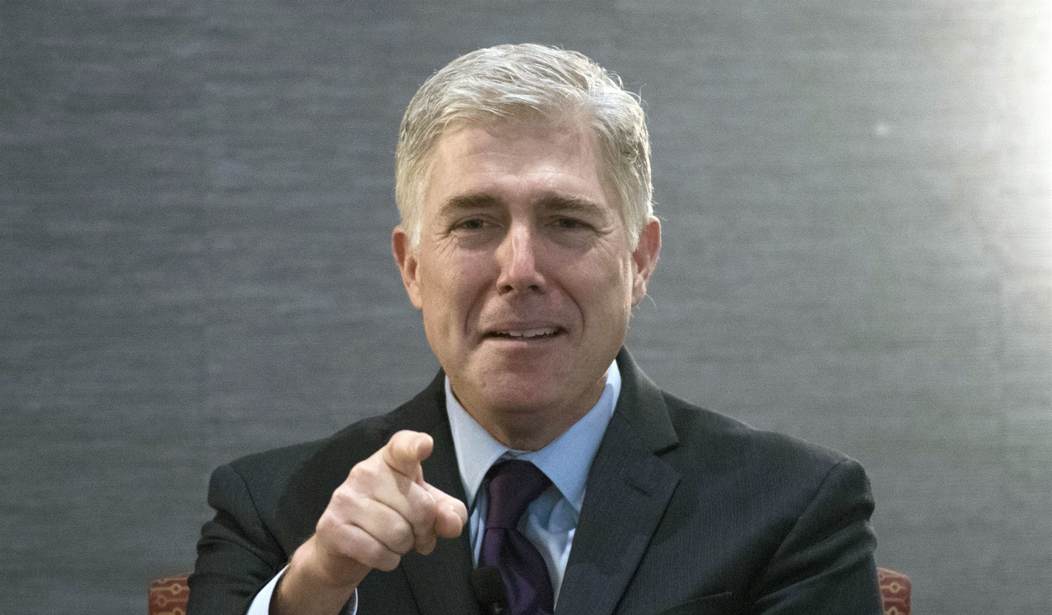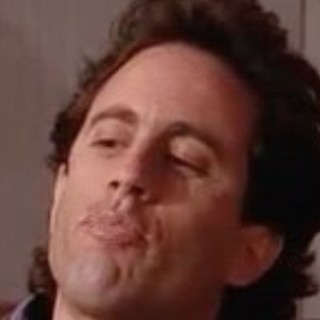Oral arguments are taking place on Tuesday in the case of Fischer vs. United States, and things have already gotten contentious. They've also gotten hilarious depending on your viewpoint.
The issue the Supreme Court is looking to settle is whether the DOJ's use of a statute regarding obstructing a congressional proceeding applies in Joseph Fischer's case. That decision could affect the cases of hundreds of January 6th defendants and possibly scuttle some of the federal charges against Donald Trump.
Be sure to check out my colleague Brittany Sheehan's excellent coverage for more details.
The case centers on defendant Joseph Fischer's challenge to the Justice Department's charges of "corruptly" obstructing, influencing, or impeding a congressional proceeding on Jan. 6. Lawyers for Fischer argue that the statute used, passed by Congress in 2002 primarily for financial crimes, doesn't apply to his actions during the Capitol incident. The government argues that Fischer's actions disrupted Congress from fulfilling its Electoral Count Act duties.
The question before the justices is whether a provision of the Sarbanes-Oxley Act, enacted in the wake of the collapse of the energy giant Enron, covers the conduct of Fischer, a former police officer. The 2002 legislation was prompted by accounting fraud and document destruction. The provision is written broadly, and debates are centered on whether it should be interpreted widely or limited more narrowly.
To this point, the conservative justices have shown some skepticism of the government's case, which U.S. Solicitor General Elizabeth Prelogar is presenting. On that front, Justice Neil Gorsuch asked a question that many of us have been pondering. Namely, he asked whether Rep. Jamaal Bowman (D-NY), who pulled a fire alarm before an important House vote and impeded a congressional proceeding, could be charged under the same statute. Astonishingly, the government responded with a "no."
The extended clip below also includes some excellent questions regarding left-wing protesters obstructing official proceedings.
Government is using an obscure financial crimes statute about delaying Congressional proceeding to destroy the lives of J6 protesters. Gorsuch just asked whether pulling a fire alarm before a Congressional vote could qualify (e..g, what Democrat Jamaal Bowman did recently) and…
— Mollie (@MZHemingway) April 16, 2024
‼️‼️‼️
— Meara (@MillennialOther) April 16, 2024
Justices Gorsuch and Alito just annihilated the entire foundation of Biden’s DOJ case against J6 protesters.
They dunk on the US solicitor general with examples of unhinged leftist psychos disrupting official proceedings, and ask why those protesters were never charged.… pic.twitter.com/ovEMZqBbmZ
In response, the government had no real answer except to illustrate its blatant hypocrisy with reckless abandonment. There is a two-tiered justice system, and being a far-left radical is the dividing line between having the book thrown at a defendant and a defendant getting a slap on the wrist. Theoretically, the left-wing protesters who block roads and prevent official proceedings (in this case, court proceedings) from occurring could be charged under the same statute as the January 6th protesters. According to the government, though, it's different because they somehow didn't know they weren't allowed to obstruct an official proceeding.
How does that make any sense? How is a meemaw who took selfies in the Rotunda on January 6th, having walked through an already opened door, somehow more aware of what they are doing than a left-wing protester who planned to do what they did? It doesn't make sense, and it's obvious the government simply doesn't care that it is applying the law in such a biased fashion.
Returning to Bowman, he pulled a fire alarm during a voting session in the House of Representatives. Congressional members had to be evacuated, and the vote was postponed. That is a textbook example of obstructing an official proceeding, and the government's justification for not charging him is basically "because we say it doesn't count."
Somehow, I doubt a majority of the Supreme Court is going to be swayed by such arguments. I expect Fischer to emerge victorious this summer and for the entire January 6th prosecution apparatus to be thrown into turmoil.














Join the conversation as a VIP Member